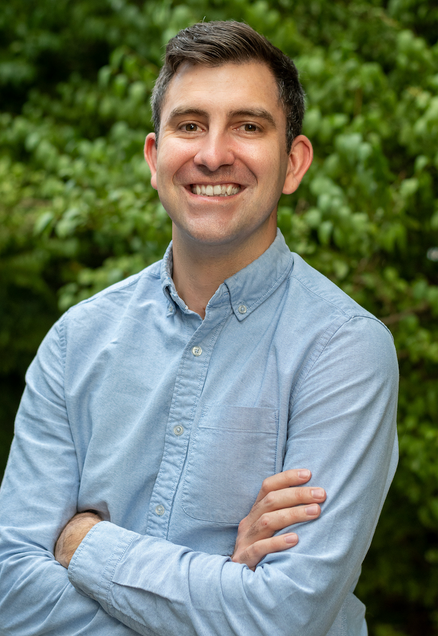Mentor Spotlight: Thomas Clarke, PhD

Dr. Thomas Clarke, PhD, Assistant Professor of Pathology & Laboratory Medicine
Dr. Clarke is originally from London, England, and studied medical science at the University of Exeter with a twelve-month research internship at Harvard Medical School before starting his Ph.D. at the University of Birmingham. He undertook his postdoctoral training at Harvard Medical School and Massachusetts General Hospital. Dr. Clarke joined the faculty at Boston University School of Medicine as an Assistant Professor in January 2024, funded by a National Institutes of Health K99/R00 career development award.
Dr. Clarke’s Lab’s Research:
Mammalian cells are continually exposed to environmental and endogenous DNA damage that threatens their genomic integrity. Efficient repair of DNA damage is essential for the maintenance of genome stability and preventing diseases associated with compromised genomic integrity, such as cancer and neurodegenerative disease.
Damaged DNA is repaired through a series of coordinated and complex steps involving DNA damage recognition, cell cycle arrest and signaling-induced activation of DNA repair machinery – processes collectively referred to as the DNA damage response (DDR). In the last few years, several chromatin-based events have been shown to be critical mediators of an effective DDR. Whilst it is becoming clear that the chromatin environment is important for the accurate and efficient repair of DNA damage, the key mediators of these events remain poorly defined. The Clarke Lab aims to identify novel chromatin factors involved in DNA damage repair and determine the mechanisms by which these factors maintain genome integrity. Their research has the potential to identify important mechanistic drivers of a range of human diseases, including several diverse types of cancer, premature aging disorders, and human developmental syndromes. Ultimately, the goal is to leverage our understanding of DNA repair mechanisms to inform new therapeutic strategies for a range of diseases and conditions underpinned by genome instability.
Passionate About Training Junior Scientists:
As a faculty member at Boston University, I am deeply committed to mentoring the next generation of research scientists. In my lab, we foster an inclusive and collaborative environment where all members feel valued and supported as they explore the scientific process and contribute to new discoveries. A key part of our mission is providing hands-on research opportunities for undergraduate and medical students.
Many of our student researchers have secured funding for their projects through both Boston University and external organizations, including The Grunebaum Cancer Research Foundation. One of our medical students, Isabelle Joy, received support from the Grunebaum Foundation for her work investigating the biological role of a gene of unknown function in breast and endometrial cancer. Her dedication and findings were recently recognized with a Best Poster Award at the Boston University Department of Medicine Research Symposium—an exciting milestone that reflects the impact of student-driven research in our lab.